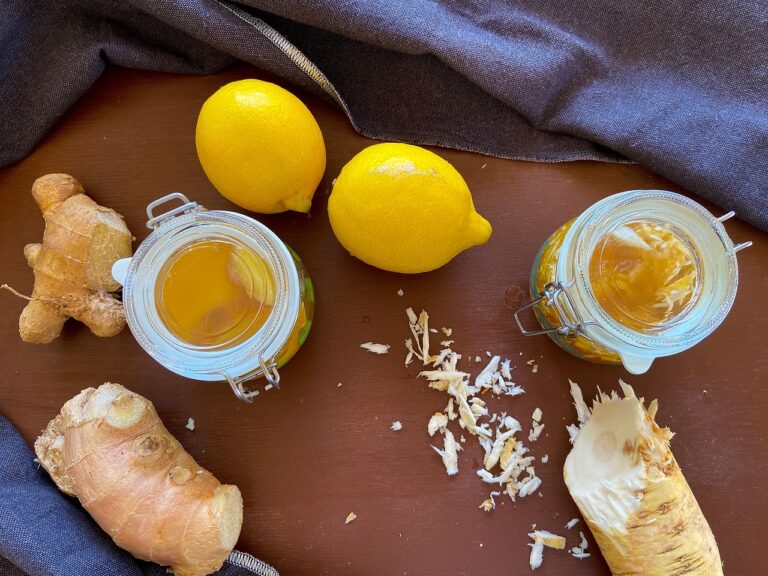Sustainable Landscaping Practices for Greener Gardens
Eco-friendly landscaping offers numerous advantages for both the environment and homeowners. By incorporating sustainable practices into landscaping, such as using organic fertilizers and minimizing chemical pesticide use, you can create a healthier ecosystem within your own backyard. This can lead to improved soil quality, increased biodiversity, and a reduced carbon footprint over time.
Furthermore, eco-friendly landscaping can help save money in the long run. By choosing drought-resistant plants and implementing water-saving techniques, such as rainwater harvesting and drip irrigation systems, you can significantly reduce your water bills and maintenance costs. Additionally, the use of native plants can attract local wildlife, promoting a balanced and thriving ecosystem that enhances the overall beauty and functionality of your outdoor space.
Choosing Native Plants for a Sustainable Garden
Native plants are an excellent choice for creating a sustainable garden. These plants are well-adapted to the local climate and soil conditions, requiring less water, fertilizer, and maintenance compared to non-native species. By incorporating native plants into your garden, you can attract local wildlife such as birds, bees, and butterflies, contributing to a balanced and thriving ecosystem.
In addition to their ecological benefits, native plants also add beauty and diversity to your garden. With a wide range of colors, shapes, and sizes to choose from, you can create a visually appealing landscape while supporting the local environment. Whether you prefer wildflowers, grasses, shrubs, or trees, there are native plant options that will suit your aesthetic preferences and help you cultivate a sustainable garden that flourishes with minimal intervention.
Water Conservation Techniques for Greener Landscapes
When it comes to creating environmentally friendly landscapes, water conservation plays a crucial role in promoting sustainability. Implementing efficient irrigation systems such as drip irrigation or soaker hoses can significantly reduce water waste while ensuring your plants receive adequate moisture. Additionally, incorporating rain barrels to collect rainwater for later use is a simple yet effective way to conserve water resources and reduce your reliance on municipal water sources.
Another water conservation technique for greener landscapes is mulching. Applying a layer of mulch around plants helps retain soil moisture, reducing the need for frequent watering. Furthermore, using drought-tolerant plants in your landscape design can help minimize water usage while still adding beauty and diversity to your garden. By incorporating these water-saving techniques, you can create a more sustainable and environmentally friendly landscape that benefits both your property and the planet.
• Implement efficient irrigation systems such as drip irrigation or soaker hoses
• Incorporate rain barrels to collect rainwater for later use
• Apply mulch around plants to retain soil moisture
• Use drought-tolerant plants in landscape design
What are the benefits of eco-friendly landscaping?
Eco-friendly landscaping helps conserve water, reduce pollution, support local wildlife, and create a healthier environment for both humans and animals.
How can I choose native plants for a sustainable garden?
When selecting plants for your garden, opt for species that are native to your region as they require less water and maintenance. Native plants also support local ecosystems and wildlife.
What are some water conservation techniques for greener landscapes?
Some water conservation techniques for greener landscapes include installing a drip irrigation system, mulching to retain moisture, collecting rainwater in barrels, and using drought-resistant plants in your garden.
How can I make my landscaping more environmentally friendly?
To make your landscaping more environmentally friendly, consider using organic fertilizers, composting yard waste, reducing the use of pesticides, and incorporating water-saving practices into your gardening routine.







